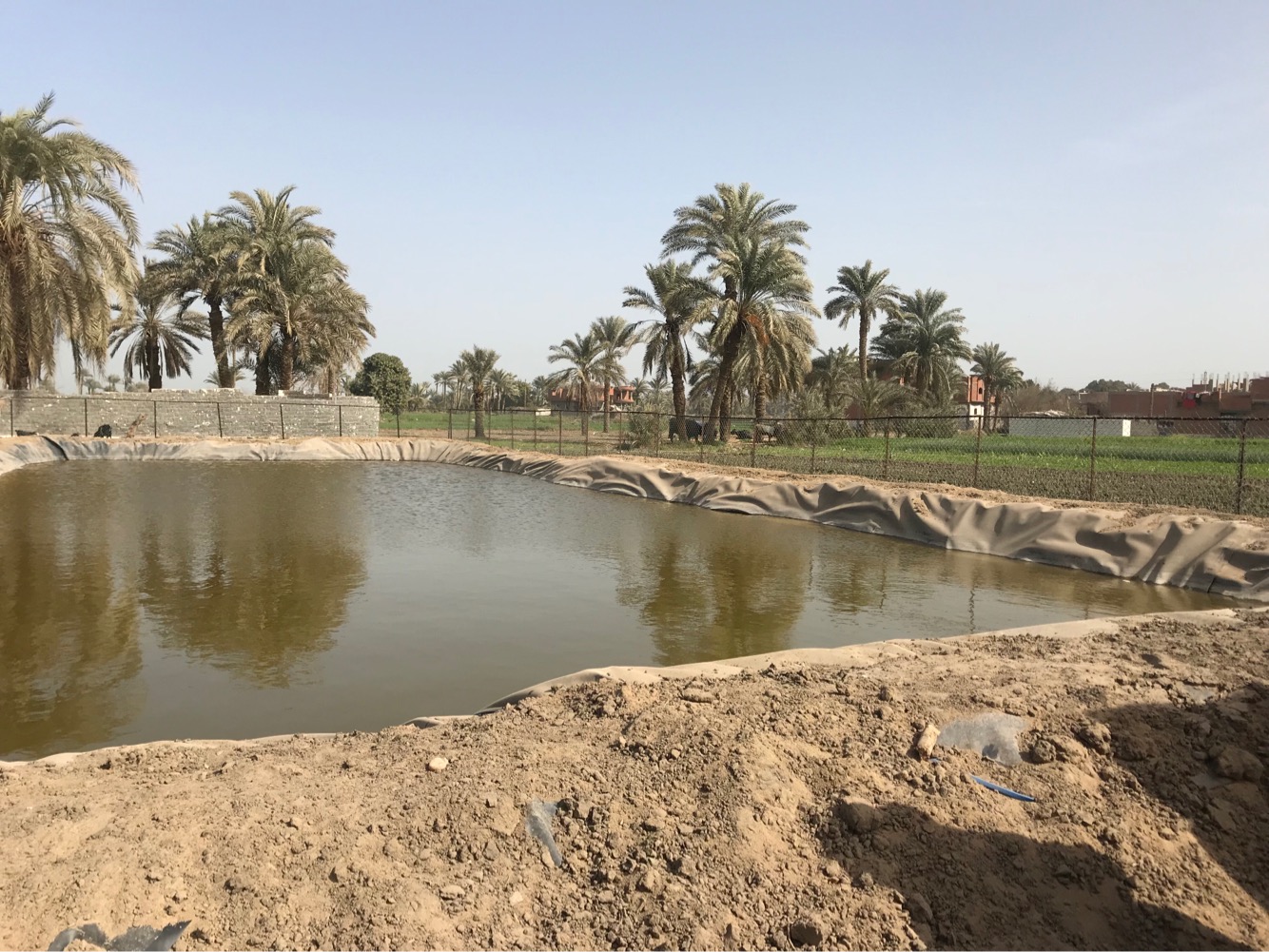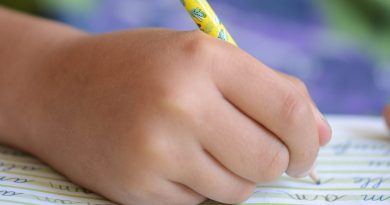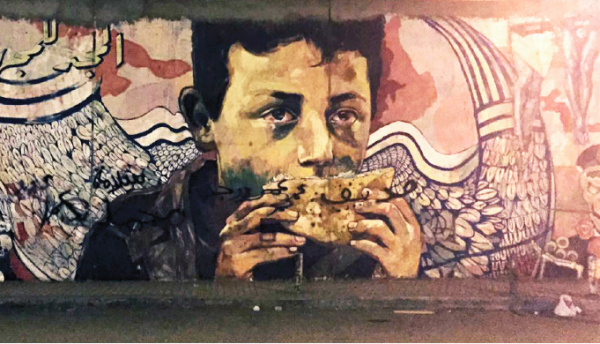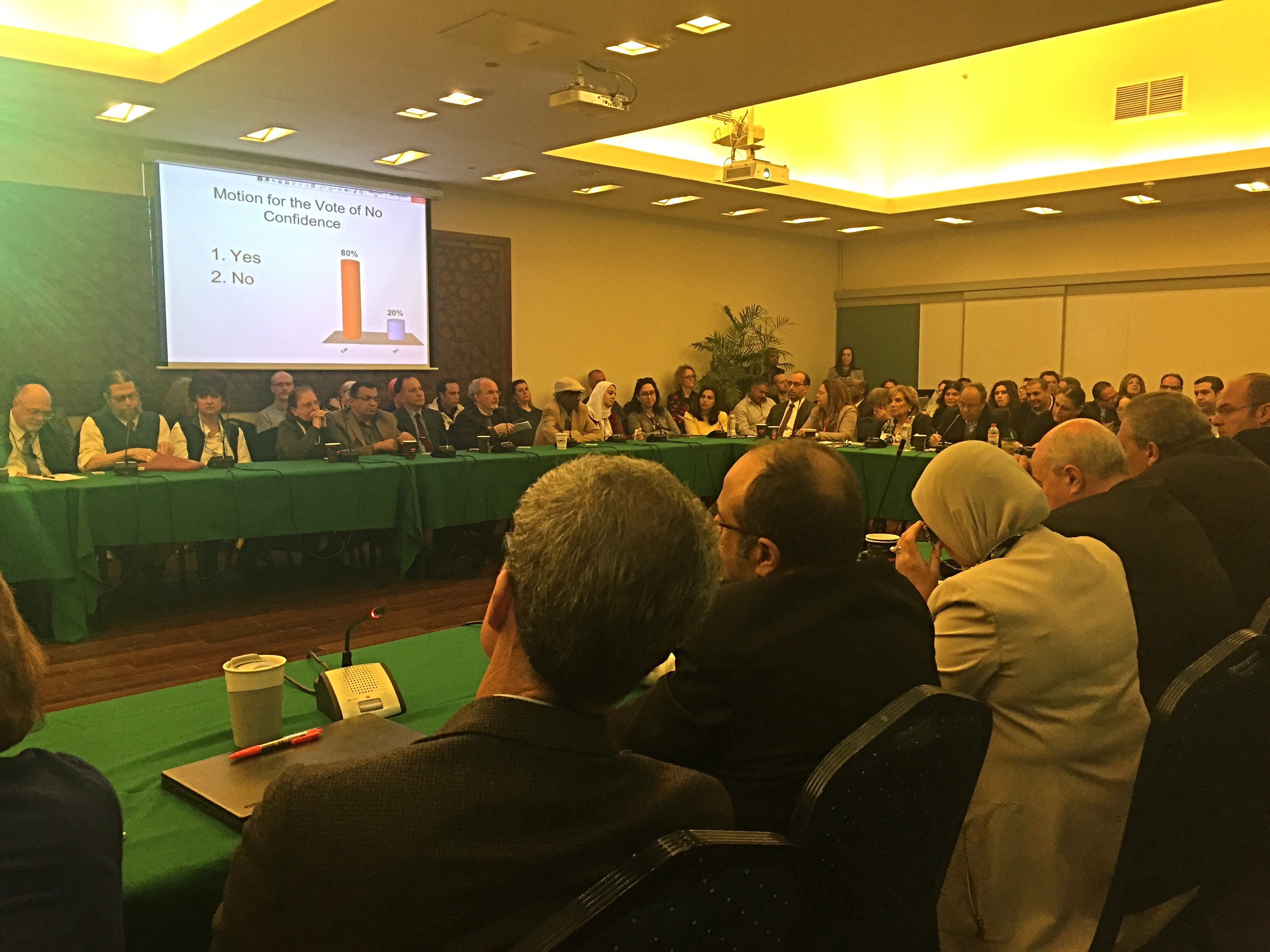Food for the Future: RISE Launches Economic Empowerment Program
By Sara Mohamed
Egypt and the UAE are working together to optimize local production and encourage citizens to plant their own food as part of a campaign for ‘Food for the Future’ in the Middle East region.
The Research Institute for a Sustainable Environment (RISE) at AUC, in partnership with the International Center for Biosaline Agriculture (ICBA) in Dubai, launched the ‘Food for the Future’ program last year in a bid to boost food security in Egypt and the UAE.
“Food security is [such] that everyone can physically, economically and equally access food that is of good variety, prices and quality,” said Amira Khalil, RISE assistant director of community engagement.
As part of the Food for the Future program eight solar-powered chicken incubators were installed in village homes around Fayoum, soon to be followed by three more.
Khalil added that Fayoum was specifically chosen because the ICBA identified that 100 of the poorest villages in Egypt are located in the region.
Solar panels are installed on the rooftops of homes to generate electricity for the incubators plus for the whole house as well.
For a 21-day incubation cycle, the machines mimic the chicken’s movements on the eggs, but on day 17 the eggs should be shifted to the bottom of the incubator in order for them to freely hatch on day 21.
Unlike chicken, the solar poultry incubators are with a capacity of 457 chicken eggs and it operates a year-round.
“We have a ratio from 80 to 90 percent of hatched eggs, but this gives the lady around EGP 1,500 every 21 days which makes it the best component of the [Food for the Future] project since it’s a speedy way for profit making,” Khalil added.
Khalil says that the incubators do more than just provide free electricity and chicks for these families.
“The villages of Fayoum depend on the Thursday Market for income, which is a local market where people sell vegetables, fruits and poultry that they produced themselves at lower prices. The program aims to provide them with means and models of producing food to sell in the market,” said Khalil.
While it is acknowledged that food security challenges won’t be directly resolved by implementing the solar chicken incubator system, the mechanism does empower women by allowing them a source of income.
“The [housewife] is provided with the first cycle of eggs to guarantee the project’s sustainability… She will sell these chicks and then buy more eggs with the money she made and the cycle goes on,” said RISE Director Richard Tutwiler.
He explained that poultry science experts are hired to help the women with the eggs’ first cycle and teach them how to take good care of the chicks when they hatch to prevent them from dying.
Khalil added that decades ago Fayoum was very popular for its Begawy chicken, a very ancient type of poultry, which used to be exported worldwide.
However, over the years, the numbers of such poultry dwindled.
“That’s why we started our program there to increase the production of these types of chicken,” Khalil told The Caravan.
Artificial incubation of poultry eggs is an ancient practice.
In 400 BCE, Aristotle told of Ancient Egyptians incubating eggs spontaneously on a large scale with a single location alone having the capacity of producing 36,000 eggs.
Increasing Green Space
Another component of the Food for the Future program is the rooftop gardening, and it is implemented in the urban areas of Fayoum to increase green spaces there.
“With the consent of the buildings’ owners and with very simple tools, we installed eight rooftops with simple systems that anyone can apply,” said Khalil.
“This also extended to Marsa Alam, a small city with eight thousand citizens with absolutely no source of food … The food that weekly reaches them travels 300 to 900 kms either from Cairo, Luxor or Qena.”
The disadvantages of such a method of providing food is the deterioration of food quality during its transportation and the high prices of the output sold.
“The main aim of the implementation of this component of the project in Marsa Alam is to originate the first local market there … We started with five rooftops so that every Friday and Monday they would have a local market where people will sell their own production for the first time ever,” Khalil added.
The third component of the program is sustainable agriculture and its purpose is to implement sustainable agriculture model farms around Egypt and the UAE. There are two model farms in Fayoum and another two in UAE till now.
“We try to implement a fully sustainable model with a fish pond, greenhouse, duck house, drip irrigation and the installation of solar panels for electricity generation,” said Hassan Husseiny, RISE water management manager.
Drip irrigation systems distribute water through a network of valves, pipes or tubes allowing water to drip slowly to the root zones of the plants and minimize evaporation.
“The irrigation water is collected and stored for fish farms that produce around 1,000 fish per cycle and then the water is pumped back to the plants as it’s a good manure water,” said Hussieny.
“It’s all about producing more per drop of water, saving resources and increasing food production.”
Khalil says Fayoum farmers apply the flood irrigation method which flooding the land for crops irrigation, thus, consuming ample amounts of water.
“By implementing these model farms we teach the farmers various methods of food production through a fully sustainable cycle in order for them to duplicate such model by themselves,” said Khalil.
Last January, RISE hosted a group of nearly 50 students for an educational tour in the Fayoum farm.
The students were from AUC as well as students from different Chinese universities in Beijing, visiting Egypt for a week through AUC’s International Programs Office.
“We were able to interact with a sustainable farm where we were introduced to modern irrigation systems that consumes less water,” said Architectural Engineering Graduating Senior Hana Yasser.




